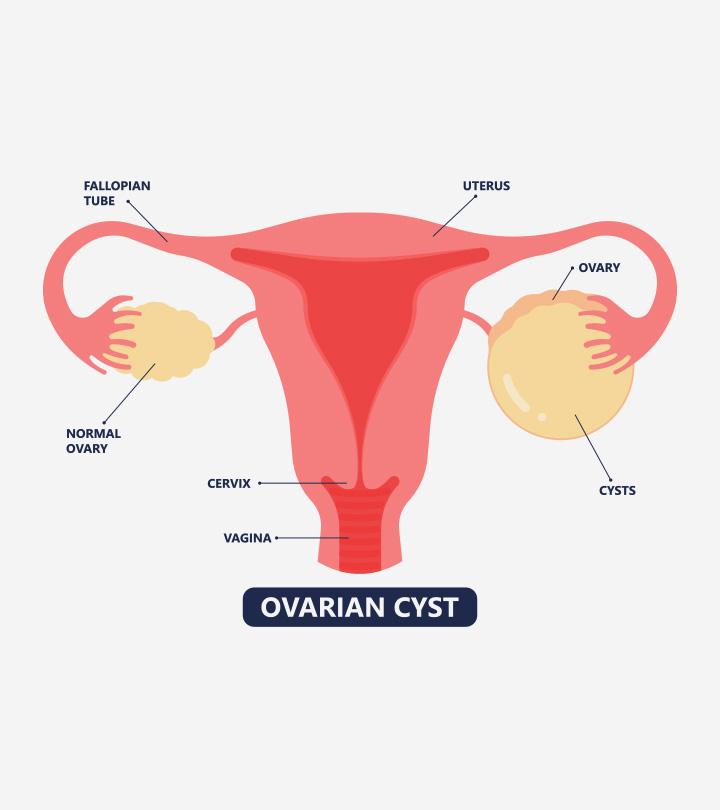
Ovarian Cysts During Pregnancy
Introduction
Ovarian cysts are fluid-filled sacs that develop on the ovaries. They are common during pregnancy, affecting up to 20% of women. Most ovarian cysts are benign, meaning they are not cancerous. However, some cysts can cause pain, discomfort, or complications during pregnancy.
Types of Ovarian Cysts
There are several types of ovarian cysts that can occur during pregnancy:
- Functional cysts: These are the most common type of ovarian cyst during pregnancy. They develop during the menstrual cycle and usually resolve on their own.
- Corpus luteum cysts: These cysts form from the corpus luteum, which is a structure that develops on the ovary after ovulation. They usually resolve within a few weeks.
- Dermoid cysts: These cysts contain tissue from different parts of the body, such as hair, skin, or teeth. They are rare during pregnancy.
- Cystadenomas: These cysts are filled with fluid and can grow large. They are usually benign but can sometimes become cancerous.
Symptoms of Ovarian Cysts
Most ovarian cysts during pregnancy do not cause any symptoms. However, some cysts can cause:
- Pelvic pain
- Abdominal pain
- Bloating
- Nausea and vomiting
- Difficulty urinating
- Constipation
Diagnosis of Ovarian Cysts
Ovarian cysts are usually diagnosed during a routine prenatal ultrasound. The ultrasound will show the size, location, and type of cyst. Your doctor may also order blood tests to check for any underlying medical conditions.
Treatment of Ovarian Cysts
Most ovarian cysts during pregnancy do not require treatment. They will usually resolve on their own after delivery. However, some cysts may need to be treated if they are causing pain, discomfort, or complications.
Treatment options for ovarian cysts during pregnancy include:
- Observation: Your doctor may simply monitor the cyst to make sure it is not growing or causing any problems.
- Medication: Your doctor may prescribe pain medication or hormones to help relieve symptoms.
- Surgery: Surgery may be necessary to remove the cyst if it is large, causing severe pain, or is at risk of becoming cancerous.
Complications of Ovarian Cysts
Most ovarian cysts during pregnancy do not cause any complications. However, some cysts can lead to:
- Ovarian torsion: This is a condition in which the ovary twists on its supporting ligament. It can cause severe pain and may require emergency surgery.
- Cyst rupture: This is a condition in which the cyst bursts open. It can cause pain, bleeding, and infection.
- Preterm labor: Ovarian cysts have been linked to an increased risk of preterm labor.
Prevention of Ovarian Cysts
There is no sure way to prevent ovarian cysts during pregnancy. However, there are some things you can do to reduce your risk, such as:
- Maintaining a healthy weight
- Eating a healthy diet
- Exercising regularly
- Avoiding smoking and alcohol
Prognosis
The prognosis for ovarian cysts during pregnancy is generally good. Most cysts will resolve on their own after delivery. However, some cysts may require treatment or may lead to complications.
When to Call Your Doctor
Call your doctor if you have any of the following symptoms during pregnancy:
- Pelvic pain
- Abdominal pain
- Bloating
- Nausea and vomiting
- Difficulty urinating
- Constipation
These symptoms could be a sign of an ovarian cyst or another medical condition.
Conclusion
Ovarian cysts are common during pregnancy. Most cysts are benign and do not cause any problems. However, some cysts can cause pain, discomfort, or complications. If you have any symptoms of an ovarian cyst during pregnancy, be sure to see your doctor right away.